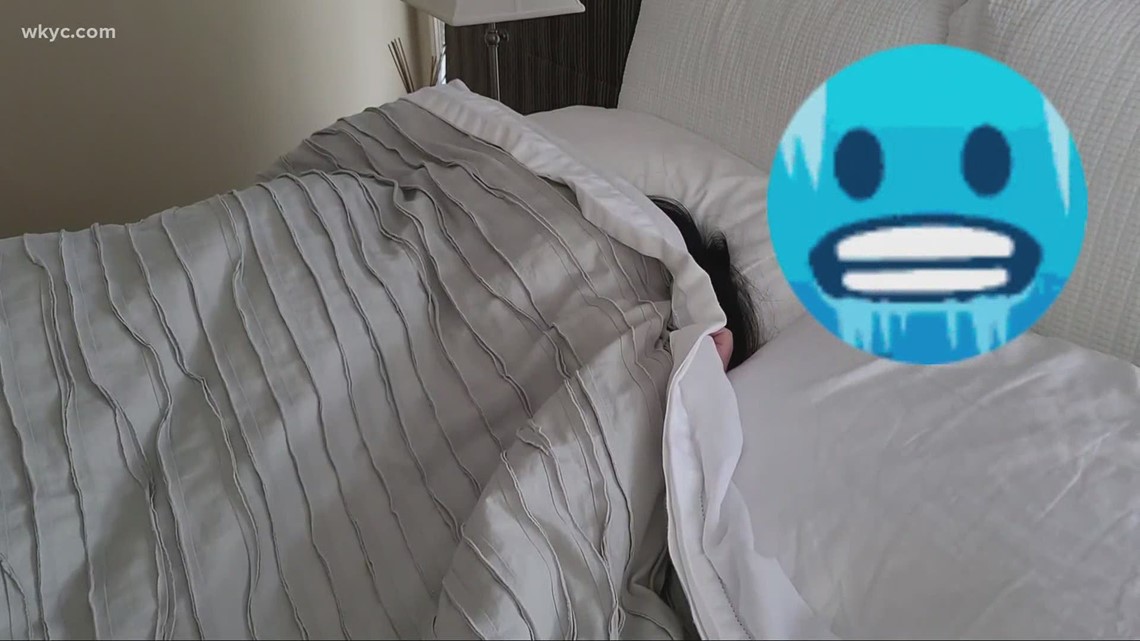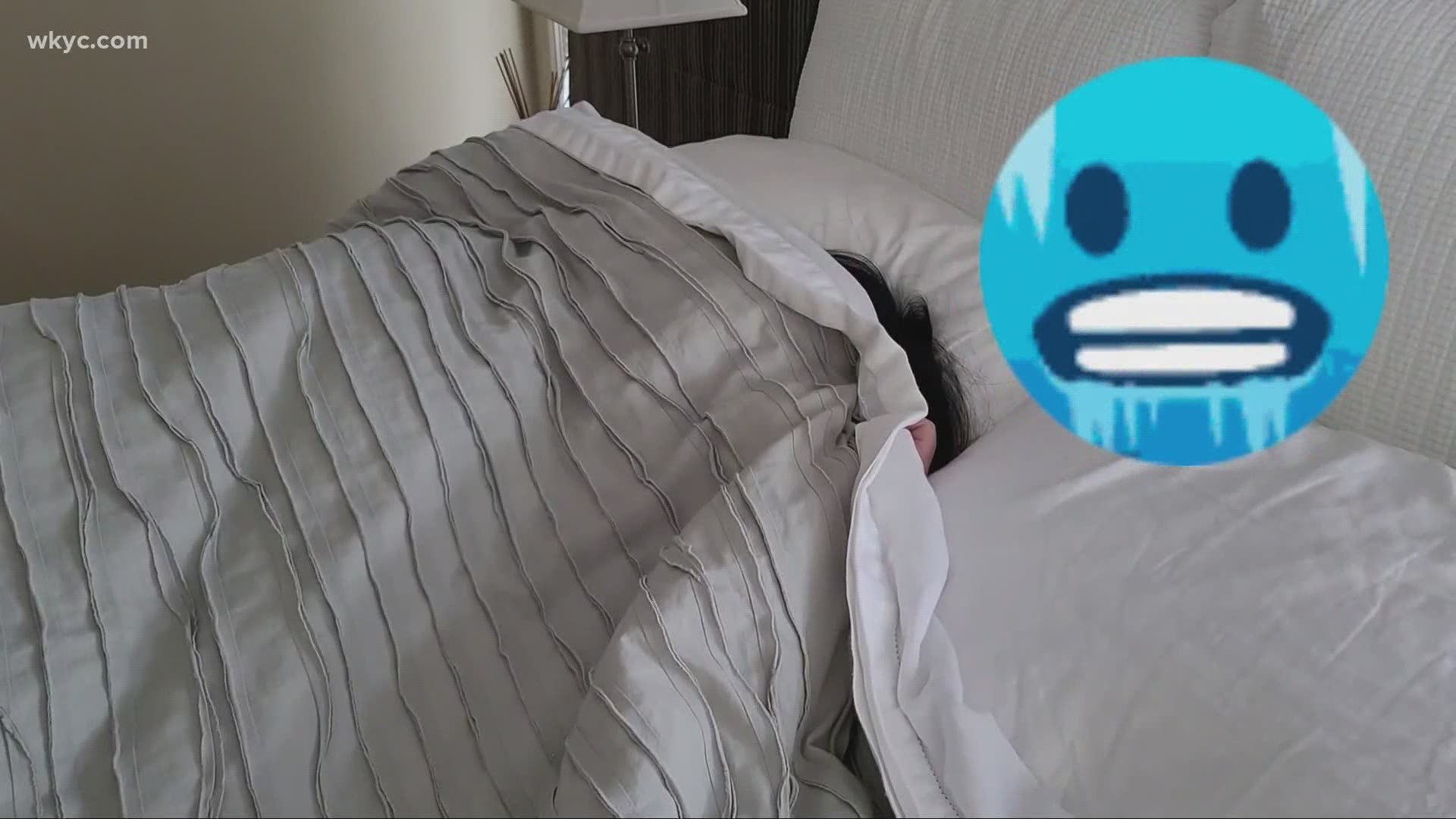CLEVELAND — As more younger groups are about to get their second dose of the Pfizer or Moderna COVID-19 vaccines, we're taking a closer look at the common side effects.
But first off, a moment of full disclosure: I got my second dose of the Moderna vaccine on Tuesday morning. My husband and I got our shots a little earlier than scheduled, because we were on Wal-Mart's zero-waste list.
The vaccine hit us both like a freight train. We both experienced fever, chills, headache and body aches, which made for a night of misery that continued Wednesday afternoon.
"I'm hot and cold, hot and cold," I groaned with the covers over my head in bed, as my 14-year-old daughter sarcastically and unsympathetically said, "That's great."


But we are far from alone. Whether it's Pfizer, Moderna, or Johnson & Johnson, all three vaccines have similar side effects. But they're more pronounced after the Pfizer and Moderna second doses. According to data from the Food and Drug Administration, 78% of people ages 18-55 who received the Pfizer second dose, experienced pain at the injection site. 59% had fatigue, while more than a third of recipients experienced chills, and only 16% reported a fever.
Meanwhile people who got the Moderna shot had it worse, especially after the second dose. "Body aches, hot flashes, my arm was red and swollen," said Gale Cornute. "I felt like I had the flu. That's what it felt like."
The FDA found that a whopping 90% of Moderna second-dose recipients experienced pain at the injection site, 68% experienced fatigue, 62% had headache, and almost half experienced chills.
According to health officials, younger people are more likely to have more severe side effects after the second dose of the COVID-19 vaccine. According to Dr. Dean Blumberg, a specialist in Pediatric Infectious Diseases at UC Davis Health, it's because younger people have a stronger immune response to vaccinations. As a result, they have higher antibody levels following immunization, meaning their immune systems are working harder.
Women also fared worse than men, which is no surprise to doctors, since women tend to produce stronger responses to most vaccines.
"It could be related to hormones," said Dr. Joseph Gastaldo, an infectious disease physician at OhioHealth in Columbus. "Estrogen kind of revs up the immune system, while testosterone kind of suppresses it."
In order to help you cope with the side effects, the CDC says it's okay to take pain relievers like Tylenol after getting the vaccine, but definitely not before it, because it may reduce the vaccine's efficacy.
"These medications are anti-inflammatories, so they prevent inflammation which is part of the immune response," said Dr. Nicolas Barros, an infectious disease physician from Indiana University Health. "So, if you use them before, we really don't know what's going to be the side effect on this vaccination, because we don't have the data yet to support it," he said.
The side effects are a sign that your immune system is doing its job by preparing your body in case of infection by the coronavirus. However doctors also say that if you don't experience a strong reaction, it does not mean that the vaccine is not working.
Side effects generally last a day or two. In my case, thanks to being able to work from home, I didn't even take a sick day. Whatever the inconvenience may be, health experts urge you to get the vaccine.
"Whatever you're worried about this vaccine doing to you, it's nothing compared to what COVID can do to you," said Donna Skoda, Health Commissioner of the Summit County Public Health Department.
So go ahead and grin -- or in my case, groan -- and bear it.
More headlines:

